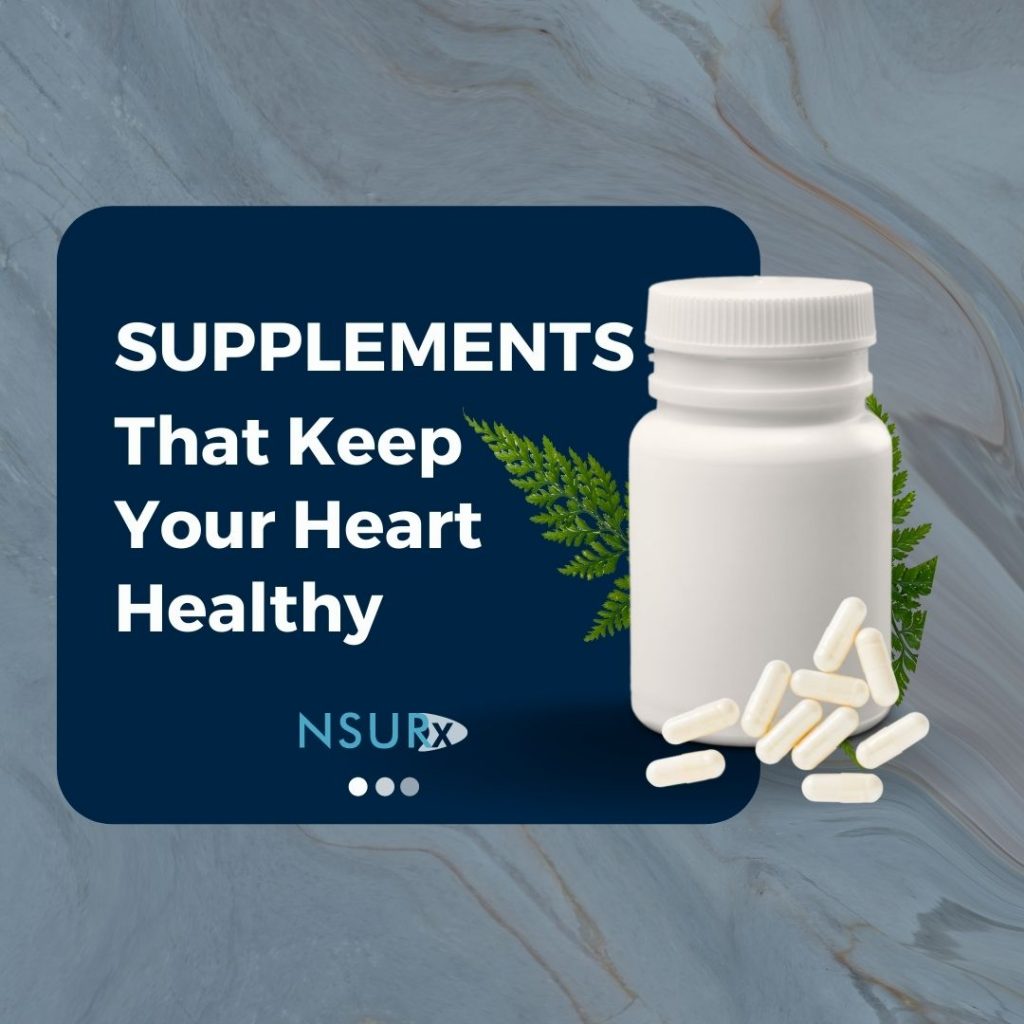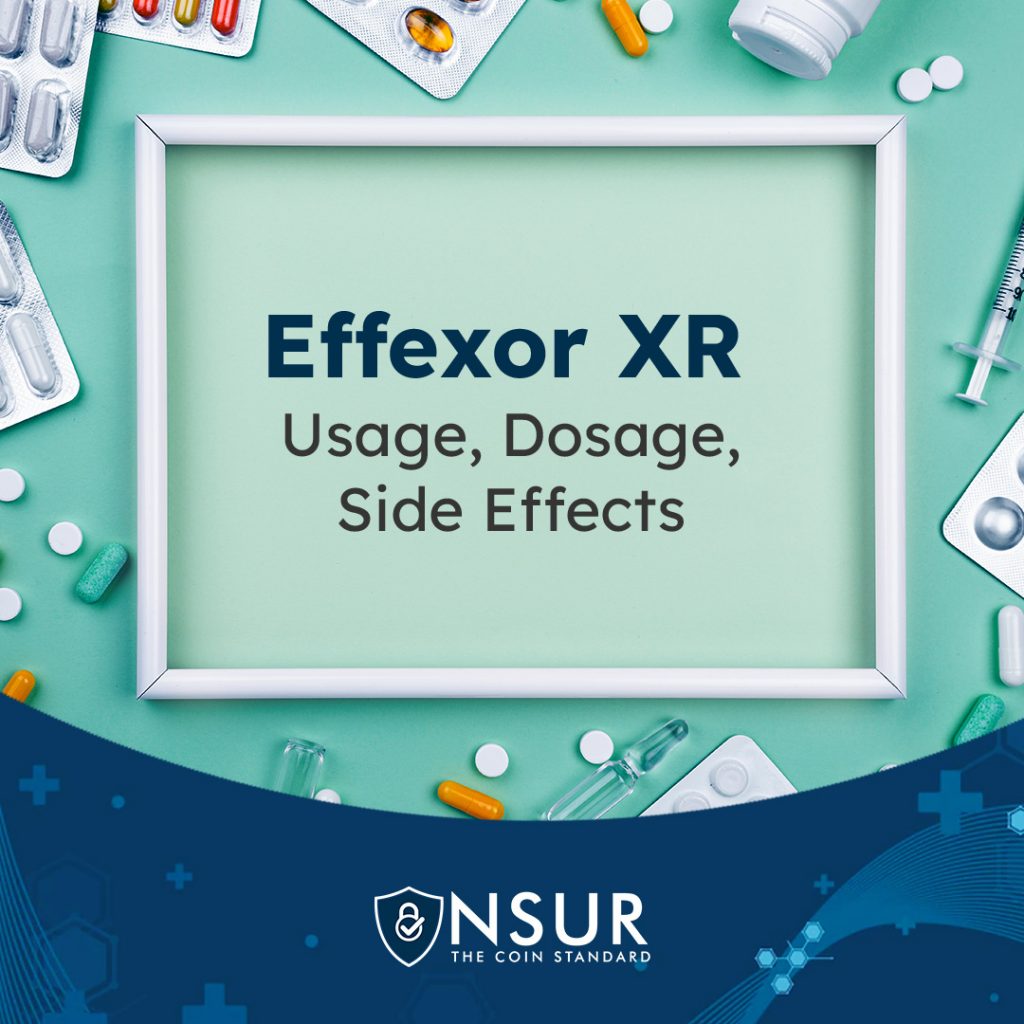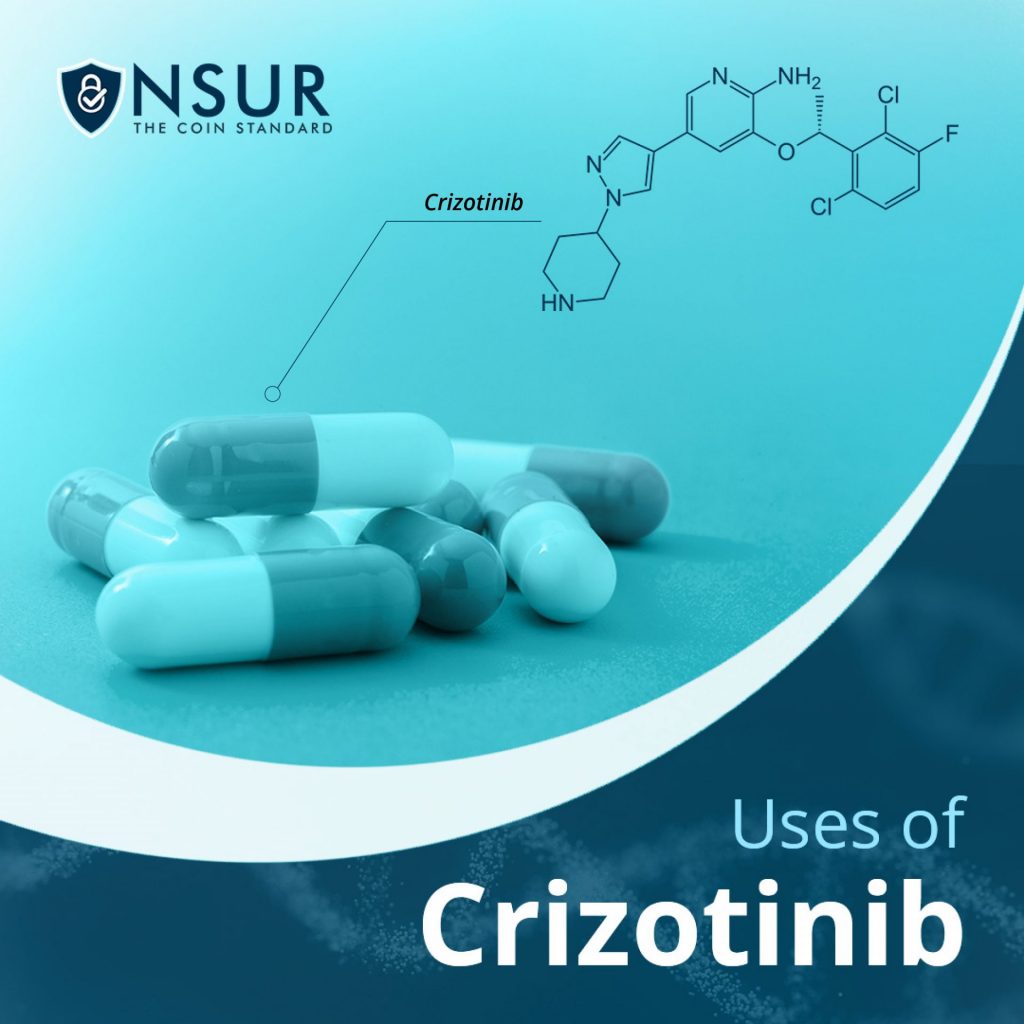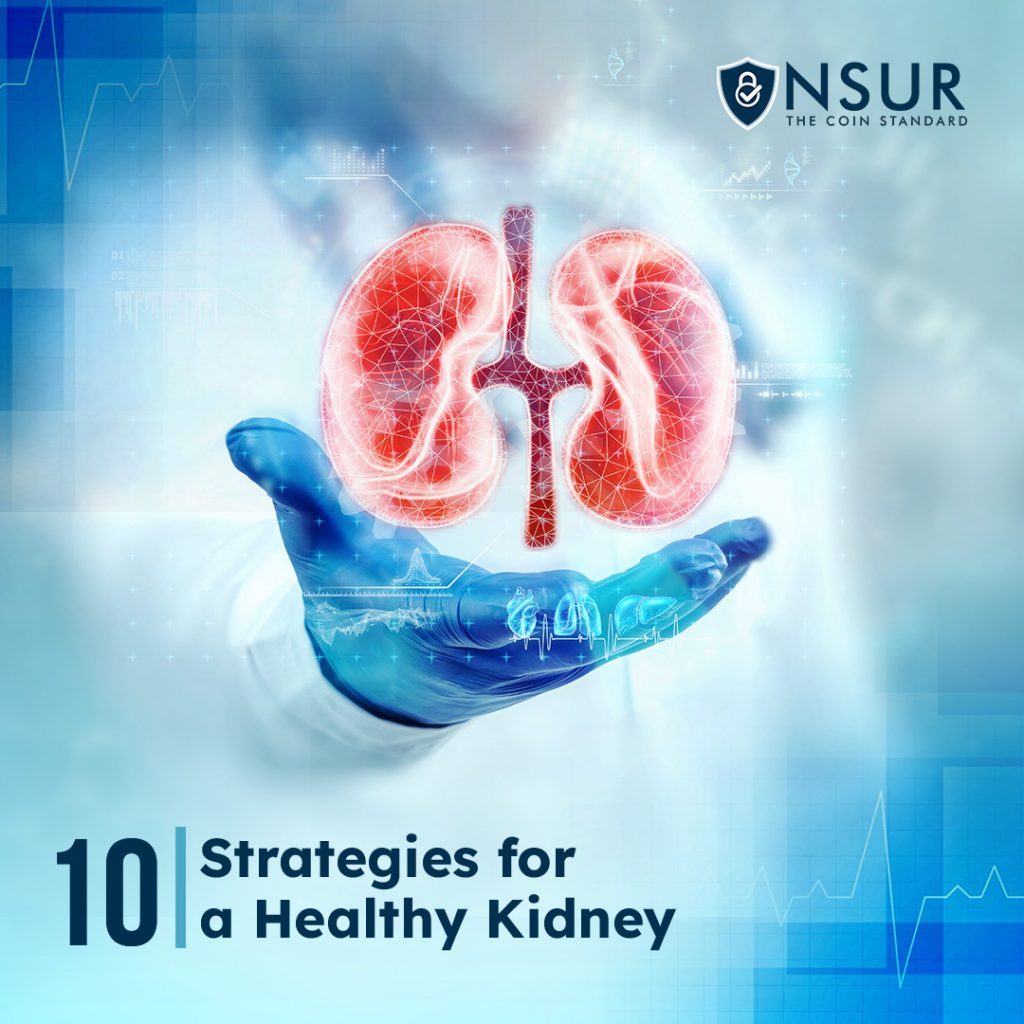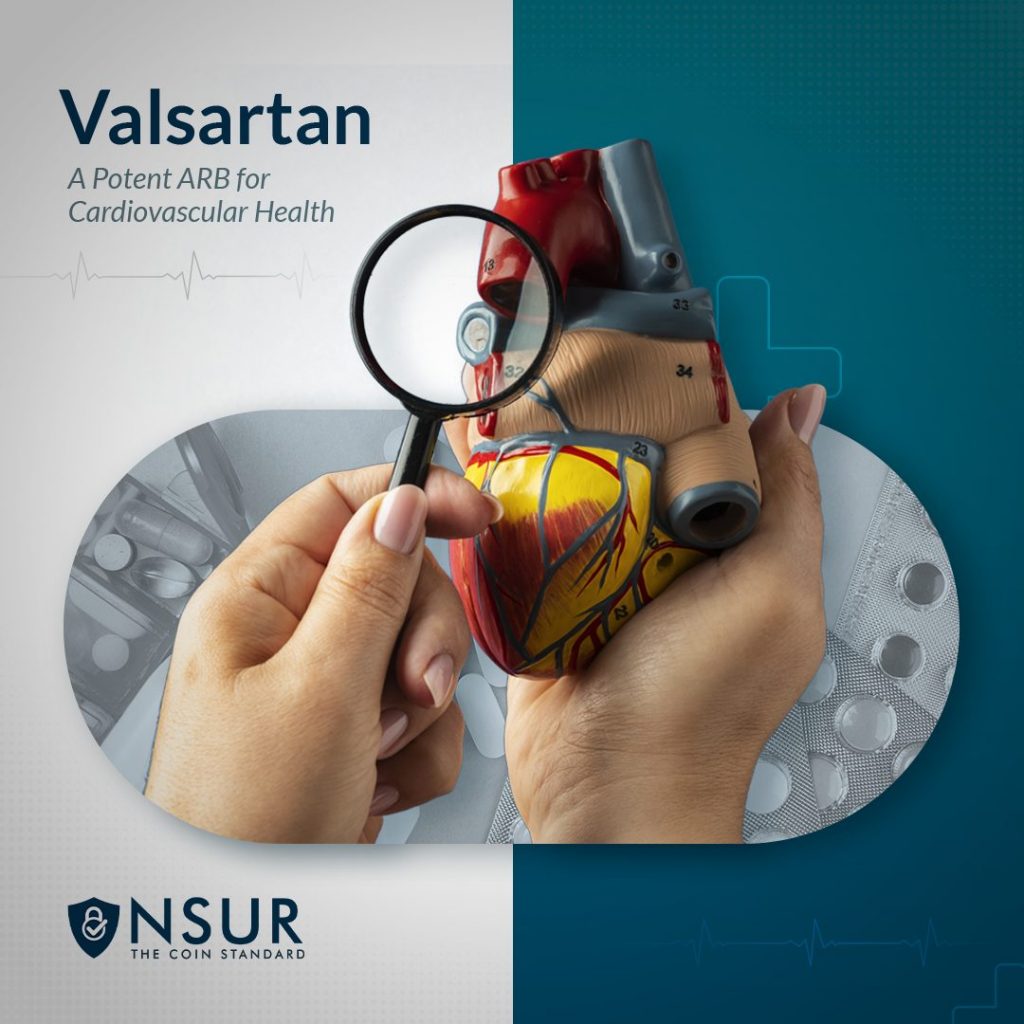
Heart failure is a serious condition that affects millions of people worldwide. Thankfully, advancements in medical science have led to the development of effective treatments that can improve the quality of life for heart failure patients. One such treatment is the use of beta-blockers, a class of medications that have shown great promise in managing heart failure symptoms and reducing mortality rates. In this article, we will focus on one specific beta-blocker: carvedilol. We will explore its mechanism of action, benefits, potential side effects, and its role in the management of heart failure.
Understanding Heart Failure
Before delving into the role of carvedilol, it’s essential to understand heart failure. Heart failure occurs when the heart is unable to pump blood efficiently, leading to symptoms such as shortness of breath, fatigue, and fluid retention. It can be caused by various factors, including coronary artery disease, high blood pressure, and certain heart conditions. Managing heart failure involves a comprehensive approach, including lifestyle modifications, medication, and in some cases, medical procedures. Beta-blockers have emerged as a cornerstone of heart failure treatment due to their ability to modulate the effects of stress hormones on the heart.
The Role of Beta-Blockers in Heart Failure
Beta-blockers work by blocking the effects of adrenaline and other stress hormones on the heart. By doing so, they help to reduce the workload on the heart and improve its efficiency. This class of medications has been shown to decrease symptoms, enhance exercise tolerance, and reduce the risk of hospitalization and mortality in heart failure patients. Multiple studies, including landmark trials like the Carvedilol Prospective Randomized Cumulative Survival (COPERNICUS) trial and the Metoprolol CR/XL Randomized Intervention Trial in Congestive Heart Failure (MERIT-HF), have demonstrated the benefits of beta-blockers in heart failure management.
Carvedilol: Mechanism of Action
Carvedilol, a non-selective beta-blocker, stands out among the various beta-blockers available for heart failure treatment. Apart from its beta-blocking properties, carvedilol also exhibits alpha-blocking activity, which helps to relax and widen blood vessels. This dual mechanism of action allows carvedilol to reduce both the heart’s workload and peripheral resistance, thereby improving cardiac function. It has been shown to improve left ventricular function, reduce symptoms, and decrease mortality rates in heart failure patients.
Benefits and Considerations
Carvedilol has demonstrated several benefits in heart failure management. It improves symptoms, increases exercise tolerance, and reduces the risk of hospitalization and mortality. However, like any medication, carvedilol may have potential side effects, including low blood pressure, slow heart rate, and fatigue. It is crucial to initiate carvedilol at low doses and gradually increase them under medical supervision to minimize the risk of adverse effects. Close monitoring of blood pressure and heart rate is necessary during the titration process. As with any medication, individual patient factors should be considered, and a personalized treatment plan should be developed in consultation with a healthcare professional.
Carvedilol, a beta-blocker with additional alpha-blocking activity, plays a vital role in managing heart failure. Its ability to reduce the heart’s workload and peripheral resistance contributes to improved cardiac function and better outcomes for heart failure patients. However, it is crucial to work closely with a healthcare professional to determine the appropriate dosage and monitor for potential side effects. As medical science continues to advance, carvedilol and other beta-blockers provide hope for heart failure patients, offering a chance at a better quality of life.
References:
Take advantage of NSURx for your prescription drugs!
With the NSURx Prescription Benefit Card, you can save money on your medications at more than 35,000 pharmacies across the United States.
You can save up to 80% on your medication by using an NSURx card. Hundreds of dollars in savings could be yours every time you fill out your prescription.
The more you shop with NSURx, the more NSUR Coins you will receive as a reward.
Disclaimer
This blog post is intended for informational purposes only and should not be considered a substitute for professional medical advice. Always consult with a qualified healthcare provider for personalized recommendations and guidance.


